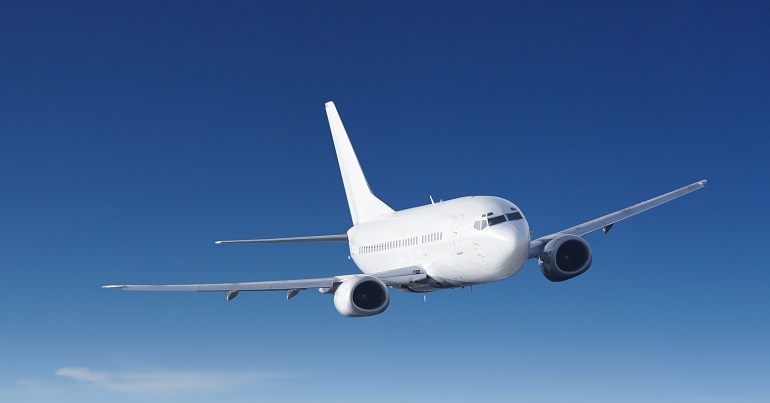The government’s proposed carbon charge for airlines misses the mark

The Department for Transport has proposed to offset the CO2 emissions produced by various modes of transport, most significantly airplanes, by introducing a new carbon charge which would be added to the price of transport tickets purchased by consumers. The government says the funds raised by this proposed charge would be spent on carbon offsetting projects.
This additional charge would be voluntary, with the government saying it would work on an ‘opt-out’ basis if introduced. With one third of the UK’s CO2 emissions coming from transport in 2018, something must be done to reduce the sector’s impact on our planet’s climate. The Transport Secretary, Chris Grayling, said:
An offsetting scheme could help inform travellers about how much carbon their journey produces and provide the opportunity to fund schemes, like tree planting, to compensate for those emissions.
However, while the proposed charge is a step in the right direction, it has been criticised for misplacing responsibility for the environmental harm caused by the sector and for being a voluntary charge. Sian Berry, Co-Leader of the Green Party of England and Wales, tweeted:
This floated idea is rather typical and back-of-envelope from the Conservatives – it’s voluntary, charges everyone, not progressive, includes buses (!) but not cars. A fair way to deal with aviation would be a frequent flyer levy that focuses on the minority who fly most. pic.twitter.com/gBlgQ1dcRv
— Sian Berry (@sianberry) July 22, 2019
Caroline Lucas, Green Party MP for Brighton Pavilion, echoed Berry’s criticism, tweeted:
A carbon price on air tickets is a step is the right direction, but a voluntary one will achieve nothing
Aviation is shirking its responsibilities for the #climatecrisis
We need a frequent flyer levy so those who fly the most pay the mosthttps://t.co/owzD5Lp9sC
— Caroline Lucas (@CarolineLucas) July 22, 2019
While shifting the cost of offsetting emissions from airlines to consumers will help raise some funds for carbon offsetting projects, it allows airlines to continue profiting from environmental damage, forcing all consumers to shoulder the financial burden, regardless of how frequently they fly.
If the charge is voluntary, it will also do little to tackle the root cause of the problem; too many people are flying. This problem is created by the ever decreasing cost of flights, facilitated and encouraged by our governments, with airlines being given significant tax breaks and subsidies to help them provide cheap flights. For example, national carriers and low-cost airlines all benefit all benefit from paying no fuel tax.
Some airlines, like Ryanair and Virgin Atlantic, already offer carbon offsetting options for customers. However, uptake amongst passengers has been low, hinting that these proposals would do little to limit the number of people flying or raise enough funds to offset all CO2 emissions produced by flying.
To tackle the issue, it’s vital that the subsidies and tax breaks given to the aviation industry end. Increasing fuel taxes on the industry would, according to a recent report, raise ticket prices, reduce the number of people flying and lead to a fall in carbon emissions.
The funds raised from this could go towards subsiding less environmentally damaging forms of transport, or be spent as government has suggested on projects to offset emissions produced by flying.
The ease of flying has done significant good in bringing people around the world closer together. Being able to see family on the other side of the planet for a reasonable price is a remarkable thing which so many of us now take for granted. However, the environmental cost of this connectivity has caught up with us, and the sector has failed to take act or take responsibility for the damage it has caused.
Governments must force the sector to clean up its act. These proposals might help raise funds for some carbon offsetting, but they certainly won’t tackle the root cause of the issue, particularly if they remain voluntary.




Leave a Reply